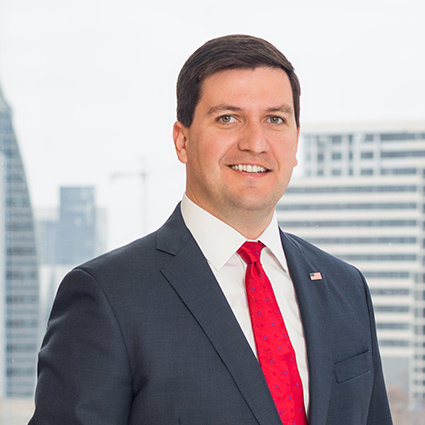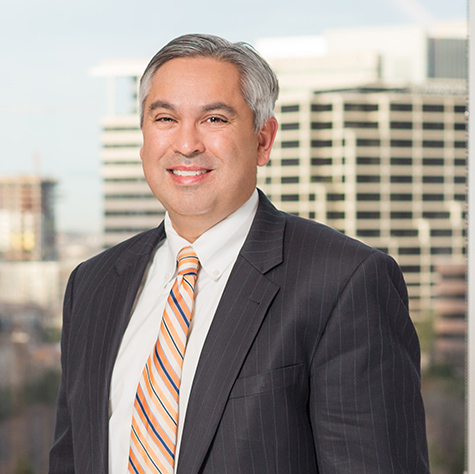By Jonathan Neerman, Denise Rose, & Justin Lee
The COVID-19 pandemic is already having a significant impact on the conduct of elections in 2020. Policymakers, candidates, and election officials are working on possible strategies to mitigate transmission of the virus to voters and election workers. The goal, of course, is to balance the practical and legal questions of administering elections while simultaneously addressing the looming public health crisis.
On March 18, 2020, Governor Abbott issued a proclamation suspending provisions of the Texas Election Code and the Texas Water Code to allow political subdivisions to postpone their 2020 local elections that are currently scheduled for May 2, 2020, until November 3, 2020.
- While the disaster relief authority under Section 418.016 of the Texas Government Code authorizes the Governor to suspend laws that govern local elections, Texas law does not authorize the Governor to suspend the actual elections. Only the political subdivisions have such authority.
- The Election Division of the Texas Secretary of State released an election advisory that provides guidance to political subdivisions and county elections officials.
On March 20, 2020, Governor Abbott issued another proclamation, which postponed the runoff primary election—originally scheduled for May 26, 2020—until July 14, 2020.
- This postponement is likely to delay the state and national conventions held by the Republican and Democratic parties. The parties use these conventions to adopt their platforms and formally nominate their candidates for President.
These delays in elections have caused the Federal Election Commission (FEC) to revise its reporting deadlines. Connecticut, Georgia, Kentucky, Louisiana, Maryland, and Ohio have postponed their primary elections.
- These postponements affect pre-election reports (including 48-Hour Notices for candidate committees), as well as the coordinated communications, electioneering communications, Federal Election Activity, and independent expenditure periods for primary elections.
- Importantly, affected campaigns may continue to accept primary contributions until the date of their rescheduled elections.
Federal, state, and local policymakers continue to assess the need for revisions to existing law in order to ensure the integrity of our election process. We continue to monitor actions taken by these offices to determine the impact on our clients.
For up-to-date information on legal issues implicated by the current public health emergency in Texas, visit Jackson Walker’s Coronavirus microsite.
Related Resources:
Please note: This article and any resources presented on the JW Coronavirus Insights & Resources site are for informational purposes only, do not constitute legal or medical advice, and are not a substitute for legal advice from qualified counsel. The laws of other states and nations may be entirely different from what is described. Your use of these materials does not create an attorney-client relationship between you and Jackson Walker. The facts and results of each case will vary, and no particular result can be guaranteed.


